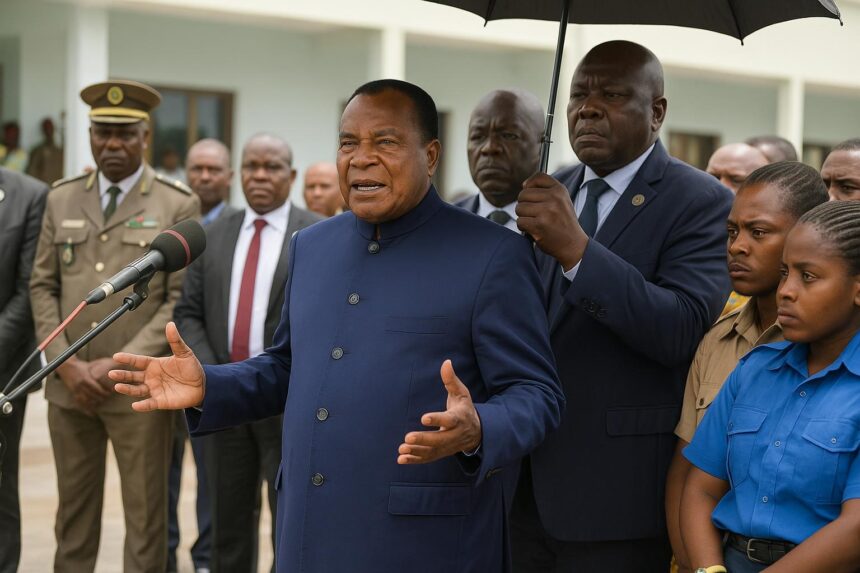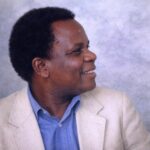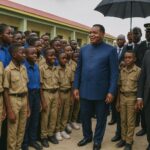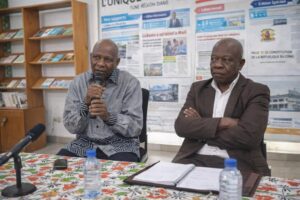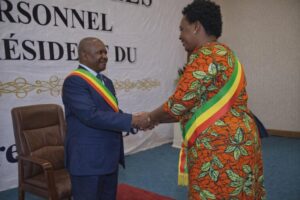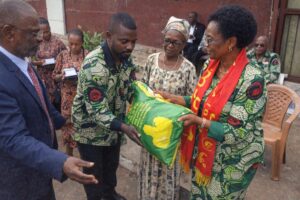Presidential Order Reframes Security Strategy
Speaking to reporters after opening the new Liberté School Complex in Brazzaville, President Denis Sassou Nguesso revealed he directly instructed the General Directorate of Presidential Security, DGSP, to help neutralise the increasingly violent “bébés noirs” street gangs (Les Dépêches de Brazzaville, 24 Oct.).
The head of state reminded the press that, beyond guarding the presidency, the DGSP is formally part of the nation’s public force, empowered by decree to support police and gendarmerie whenever public order is threatened. “We will not let criminality spread,” he insisted.
Who Are the “Bébés Noirs”?
The groups, also known locally as “kulunas”, are loose gangs of mainly teenage boys armed with machetes and homemade blades who control pockets of Brazzaville and several provincial towns, extorting commuters and traders at sunset (ADIAC-Congo reports).
Their rapid expansion worries officials: at least a dozen uniformed officers have been injured or killed in ambushes over the past year, highlighting how bold the gangs have become, according to police spokesperson Colonel Jules Kimbouala.
Community leaders say poverty, school drop-out and the appeal of quick money fuel recruitment. Social affairs director Marie-Thérèse Mabiala notes many members “entered crime before turning fifteen, long before job programmes could reach them.”
First Raids and Early Results
Within hours of the presidential green light, mixed patrols of DGSP, police and gendarmes swept through Ouenzé, Mfilou and Makelekele districts, seizing dozens of blades and dismantling improvised hideouts under abandoned buses, security sources confirm.
Residents lining the streets applauded as officers marched past. “We finally sleep without the sound of machetes scraping doors,” says cloth seller Clarisse Ngakala, whose stall had been looted twice this semester.
Authorities report more than 120 arrests in Brazzaville and Pointe-Noire during the first week. Several suspected leaders fled toward the Pool and Plateaux regions, prompting the interior ministry to widen the operation’s geographic scope.
Legal Framework and Rights Safeguards
Interior Minister Raymond Zéphirin Mboulou stresses that every arrest is logged under the criminal code and suspects are presented to prosecutors within the 72-hour limit. Mobile courts have been created to speed hearings and avoid overcrowding at commissariats.
The National Human Rights Commission says it will deploy monitors in holding centres. Commission chair Florent Batipayenda welcomes the crackdown but warns, “Firmness must walk with fairness. The law must remain our compass.”
For security experts, DGSP’s involvement brings specialised intelligence and equipment difficult to mobilise in routine policing. Analyst Brice Mabiala points out, however, that lasting calm also depends on social reintegration schemes once hotspots are stabilised.
Sustained Action and Community Outlook
President Sassou Nguesso promises the operation will not be a “flash in the pan”. He acknowledges that earlier sweeps simply pushed gangs from one arrondissement to another. This time, he pledges coordinated follow-up, including youth employment drives and street-lighting upgrades.
Local mayors already plan weekend forums pairing security officers with parents and teachers to identify at-risk adolescents. “We must cut the recruitment pool,” explains Mayor Dieudonné Mondongo, who proposes vocational workshops in carpentry and agribusiness.
For now, marketplaces reopen later into the evening and bus drivers report fewer hold-ups on the Talangaï route. Many residents hope the newfound sense of safety becomes permanent, turning the DGSP’s high-profile mission into a template for community-oriented policing across the republic.

